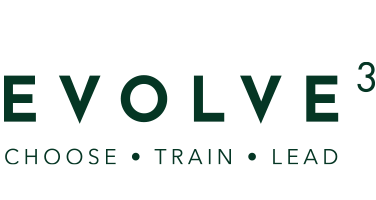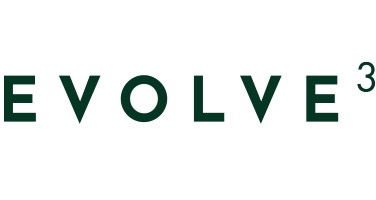
21 Nov How to make meetings more productive
Are you sick of wasting time in meetings?
We’ve all been there. Desperately hoping to get back to doing something productive as soon as possible. Is this why those embracing work-from-home have indicated improved productivity?
Here’s a few tips on how to make meetings more productive.
1. Is a meeting necessary? Why are you having one? Most hospitality businesses have many staff working different rosters. Getting people together can be a challenge. If a regular meeting is for sharing business performance data, it can be effective, but logistically difficult and an expensive use of wages. To share business performance data, make verbal one-on-one communication more reliable, or use other means of sharing information – email, app newsfeeds, SharePoint or other collab tools. If you’re going to get people around a table together, use this valuable time to add value – brainstorming, problem solving and business development idea generation.
2. Ensure everyone contributes. Otherwise, why are they there?
3. Limit the number of attendees. The more people, the harder it is to involve everyone, and more time gets taken up coordinating the group. This can lead to lower productivity as attendees are more focused on social interactions, rather than the meeting outcomes.
4. Limit their length. Work expands to fit the time available. Plus, people’s ability to stay focused wains. Have you noticed Ted talks are just under 20 minutes in length?
5. Prepare properly – generate an agenda (shared ahead of time. Ensure attendees understand the preparation expected for the meeting. Define roles – timekeeper, facilitator, minute taker. It’s good practice to share these responsibilities around.
6. Meeting structure. How a meeting starts, the communication standards you maintain and how you wrap up will have a big impact on people’s perception of the value and productivity of meetings. There’s some psychology at work here, starting & ending your meetings positively, will make for more engaged participants and a more open flow of ideas. Coupled with respectful communication standards, everyone gets heard and any disagreements or debate can be voiced with less chance of negativity, blame games and complaint.
7. Actions. Whatever format you choose for your meeting, ensure there are clear action items negotiated. The acronym S.M.A.R.T. can be applied for setting targets that are Specific Measurable. Achievable. Realistic & Time-defined.
Good luck! May your future meetings be more productive. If you’d like to improve your own productivity, consider attending our 1-day Productivity Masterclass – time management essentials for professional managers.



